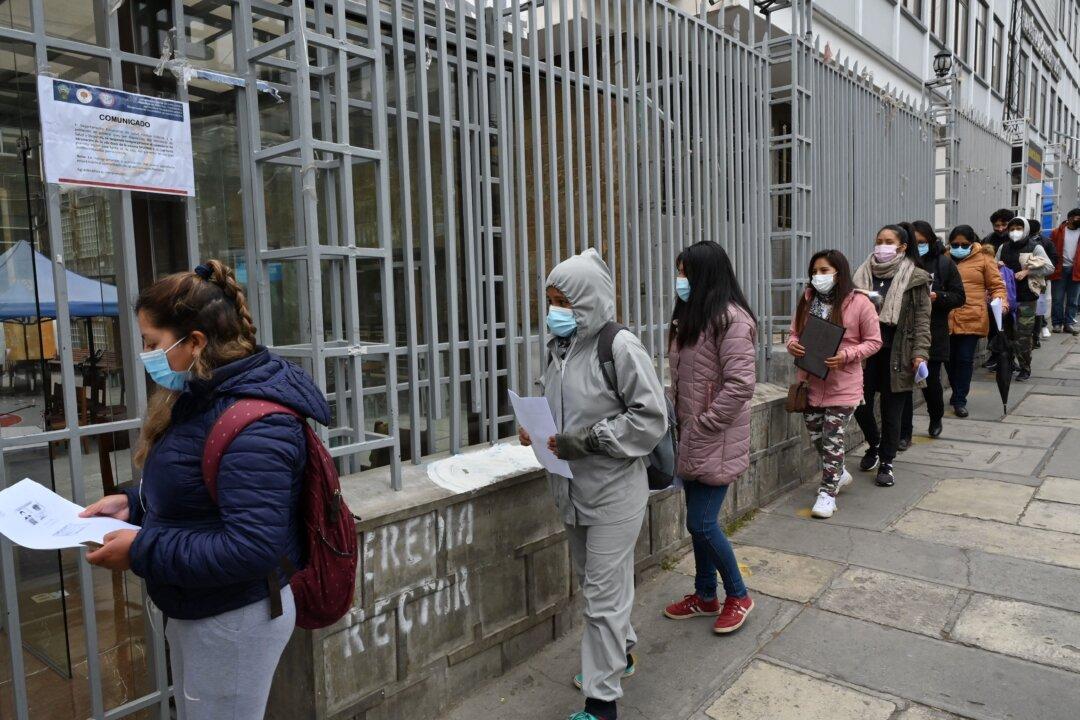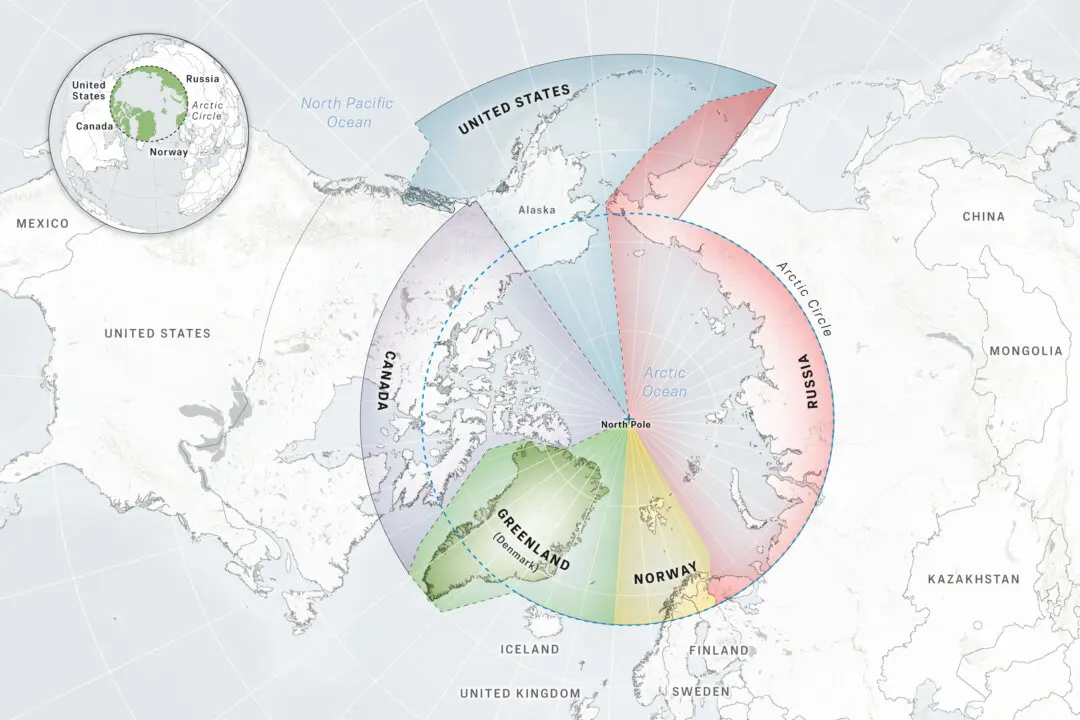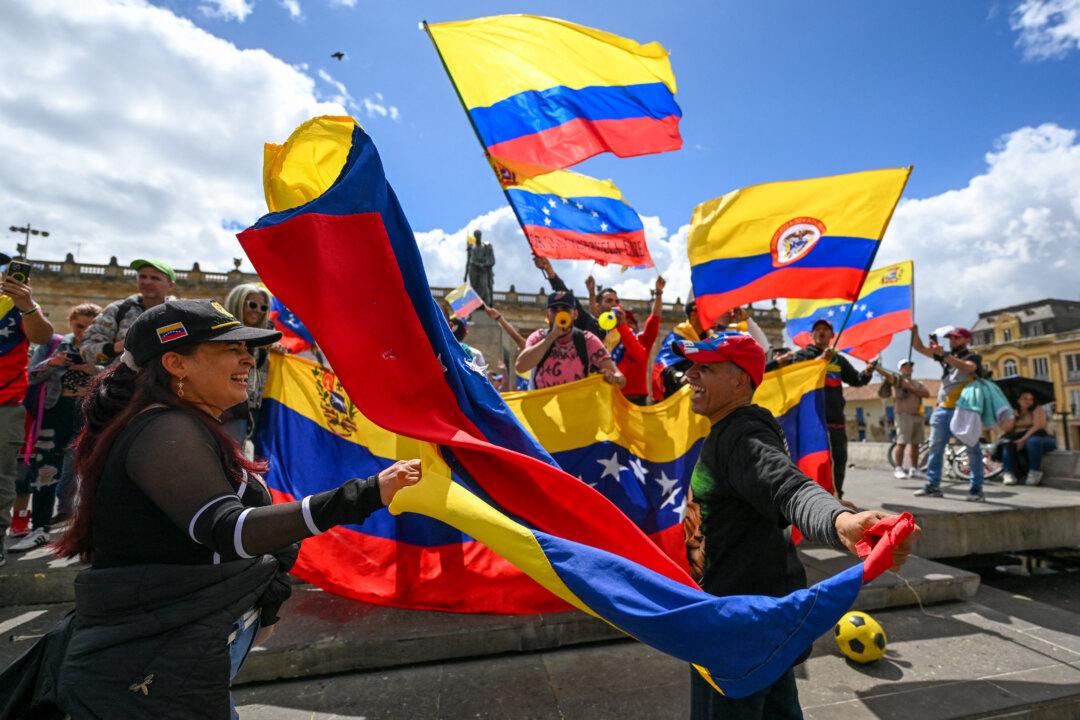As the COVID-19 vaccine distribution continues to face challenges in Latin America, Bolivians are speaking out about their frustrations with government healthcare resources and the organizational integrity exhibited by the Movement for Socialism party led by President Luis Arce.

People queue outside a vaccination centre to get the Johnson&Johnson vaccine against COVID-19 in La Paz, on August 2, 2021. AIZAR RALDES/AFP via Getty Images
|Updated:




